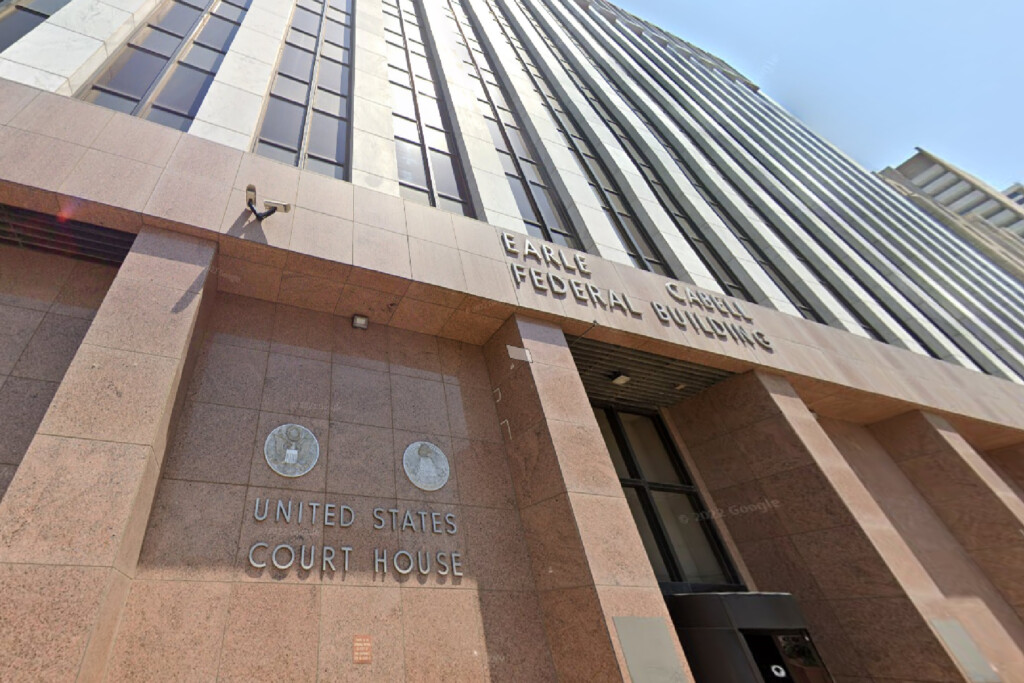It appears that federal prosecutors will retry real estate developer Ruel Hamilton for bribing two former City Council members, more than a year after a three-judge Fifth Circuit Court of Appeals panel vacated his earlier conviction. Federal prosecutors have decided to retry the case instead of waiting for the Supreme Court of the United States to review the lower court’s ruling.
Hamilton was convicted in June 2021 for allegedly paying off former Dallas City Council members Dwaine Caraway and the late Carolyn Davis in exchange for their votes on his subsidized low-income housing developments. Hamilton’s legal team, which includes high-profile defense attorney Abbe Lowell, appealed that conviction, arguing that prosecutors improperly directed the jury with regard to what constitutes “quid pro quo” and what is considered a gratuity.
Hamilton’s lawyers allege that the jury was told that their client could be found guilty of bribery even if there was no evidence he received something in exchange for the money he is accused of giving to the council members.
The indictment alleged Hamilton paid Davis about $40,000 in exchange for her assistance and support for one of his properties. That property did not receive the tax credits Hamilton requested. In their motion to vacate in August 2022, the three judges said that the payments to Davis could be more correctly characterized as “gratuities” and not bribes. The prosecution entered into evidence surreptitiously recorded conversations with Caraway in which Hamilton discussed the payments. In a plea agreement reached before her death, Davis admitted accepting money in exchange for lobbying and voting in favor of tax credits for Hamilton’s Royal Crest housing development.
“Our Fifth Circuit win, which enabled our client to be free of criminal convictions as well as a substantial jail sentence and fine, also has given him the opportunity to restore his reputation and business,” Winston & Strawn, the legal firm where Lowell is a partner, said shortly after the order to vacate. “It also substantially limits the prosecutors’ theories in any re-trial.”
In February, the Fifth Circuit ruled 9 to 7 that it wouldn’t rehear his case and sent it back to the lower court for “further proceedings in accordance with the opinion of this Court.”
By March 22, federal prosecutors indicated to U.S. District Judge Barbara Lynn that they would retry the case. Hamilton’s lawyers then filed a series of motions to dismiss.
One of those motions claimed that retrying Hamilton on one of the counts would constitute double jeopardy. In Hamilton’s March 22 response, his lawyers also requested more time to argue points that they felt conflicted with the premise of the Fifth Circuit’s ruling to vacate—specifically those that dealt with the discussion of gratuities versus bribes.
Court documents indicate that Lynn ruled from the bench on October 24 to dismiss Hamilton’s motion regarding double jeopardy. On November 6, Hamilton’s lawyers pre-emptively appealed that motion since Lynn had not yet filed a written opinion. As of November 13, Lynn’s written opinion denying the motion and setting a trial date have not been filed.
For their part, federal prosecutors said in July there is no reason to amend the indictment and that Hamilton’s lawyers are “based on a misreading of the Fifth Circuit’s decision, which did not cast any doubt on any of this Court’s prior rulings on these issues.” The jury charge error noted by the Fifth Circuit justices, prosecutors said, “can (and should)” be addressed when the Court addresses the jury prior to deliberation.
“The case is set for a second trial, meaning that Hamilton has already seen the evidence against him,” said Assistant U.S. Attorney Chad Meacham. “It is simply not possible that the Superseding Indictment does not: (1) inform him of the charges against him; (2) provide him with the ability to prepare his defense; or (3) make Double Jeopardy claims as necessary.”
If you’re doing the math at home, this means that a Dallas City Hall corruption case that began when Davis and Hamilton were indicted in 2019 is still before the court—and there’s a good chance it will be after the new year, too.
Author






